Helping babies sleep better
By Dr Wong Boh Boi
Founder and Senior ParentCraft Consultant
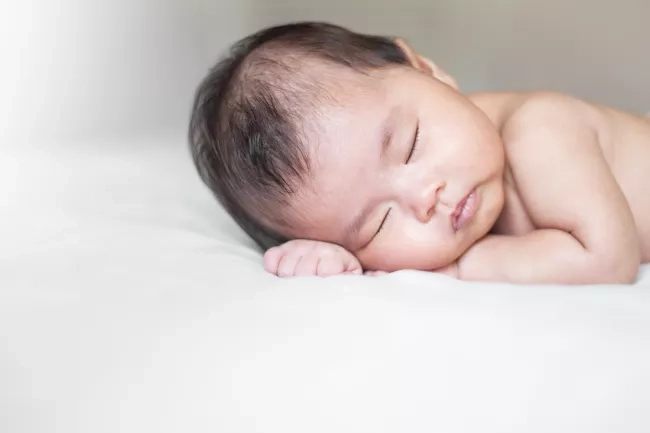
When your baby is not getting enough sleep, their mood is often affected, which can be very stressful for both parent and child. Newborns sleep up to 18 hours per day, and sleep is essential for their overall health, mental development, and mood.
It will be useful to develop a bedtime routine to help your little ones get quality sleep and help new parents manage their time better.
#1: Develop a sleep schedule
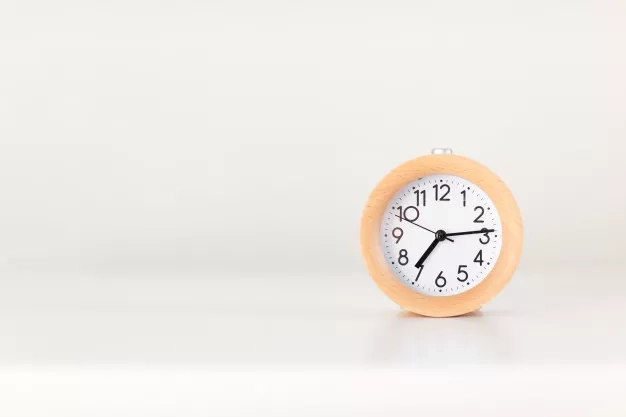
The first step in getting your baby on a regular sleep schedule is to help him or her understand the difference between day and night. When your baby wakes in the morning, bring them to a room filled with natural sunlight. You can also encourage ‘awake time’ by stimulating your newborn with music or toys. When it's time to go to sleep, slow down and do less so the baby is ready to be put to bed.
#2: Swaddling
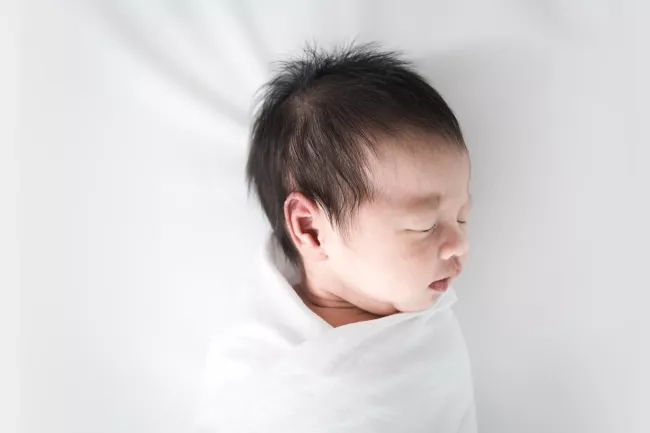
Babies tend to have a startle reflex that causes jerking movements that wake them up suddenly. Swaddling is a useful technique to reduce jerking movements and encourage quality sleep as it mimics the womb environment. Be sure to swaddle them in light and breathable clothing that is not overly tight so that they feel a sense of security. It is important to learn and master the special skills and techniques involved in swaddling.
#3: Consider a bedtime routine
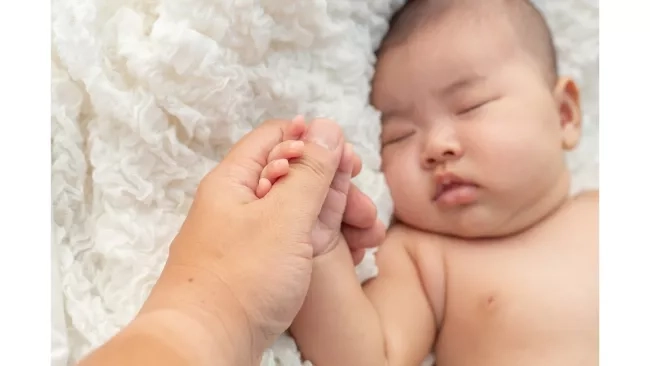
Creating a bedtime routine signals to your newborn that it is time to unwind. This series of activities is entirely up to you and could include bath time, reading, touch therapy, or even listening to music. A good bedtime routine is never rushed and is ideally between 20 and 45 minutes. This time should be comforting and reassuring for your little one, and remember to look out for sleep cues like drowsiness or fluttering eyelids, which signal that they are ready for bedtime.
#4: Having a night light in the room
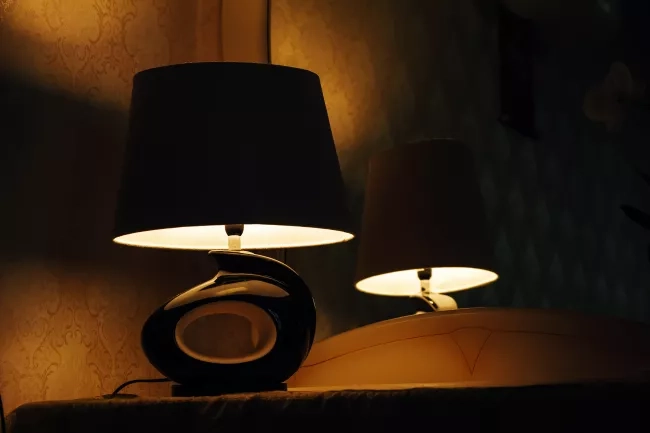
Even though many people think that total darkness is the best place to sleep, it actually makes newborns feel uneasy. Instead, you might want to think about having dim lighting in the room to reassure and comfort the person. Ensure that the night light is diffused and shaded, and use bulbs with warm or yellow tones between 4 and 7 watts. Avoid blue-toned light that makes it hard to sleep because it affects how much melatonin your baby's body makes. Having a nightlight can also facilitate diaper changes and feedings, so it might be useful to get one with adjustable levels of brightness.
Recent Blog Posts
- 01 Aug 2025
- 02 Jun 2025
- 28 Mar 2025
- 10 Nov 2023
- 19 Oct 2022
